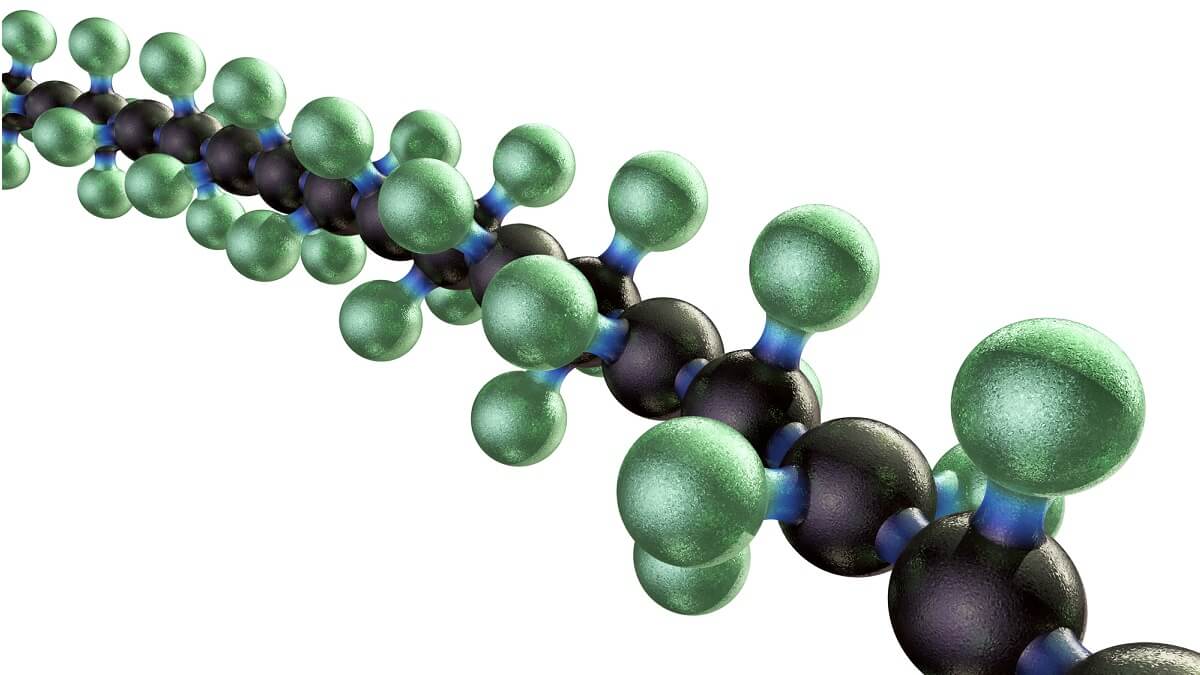Checking Out the Varied Applications and Advantages of Polymers in Different Industries
Polymers, with their varied range of properties and performances, have actually become important in different sectors, each gaining one-of-a-kind advantages from their application. From enhancing safety and security and performance in the auto industry to revolutionizing medical devices in the medical care industry, polymers play a crucial duty.
Automotive Industry Applications
Polymers play a pivotal duty in enhancing the efficiency and longevity of various elements within the automobile industry. These versatile materials are extensively made use of in the production of different parts, ranging from indoor parts to under-the-hood applications. One noticeable use polymers in the auto market remains in the manufacturing of lightweight parts. By changing conventional metal parts with polymer-based alternatives, automobiles can achieve better gas effectiveness without endangering on strength or safety.

Healthcare Industry Benefits
In different medical care applications, the advantages of using polymers are widely recognized for their diverse variety of beneficial residential or commercial properties. Polymers play a crucial role in the medical care sector because of their versatility, biocompatibility, and cost-effectiveness. Among the primary advantages of polymers in medical care is their capacity to be customized to particular requirements, such as versatility, durability, and biodegradability, making them excellent for a wide variety of medical applications.
Polymer-based materials are extensively made use of in medical tools, such as catheters, implants, prosthetics, and drug shipment systems, due to their biocompatibility and capacity to mimic all-natural tissues. These products can decrease the threat of sensitive responses or beings rejected, boosting patient safety and security and results. Additionally, polymers are lightweight, making them suitable for wearable clinical devices and making sure client convenience.
Furthermore, polymers make it possible for the advancement of innovative therapy techniques, such as hydrogels for cells design and nanocomposites for targeted medicine delivery. Their convenience of handling and sanitation makes them crucial for preserving high criteria of health in medical care setups. In general, the varied benefits of polymers contribute considerably to innovations in medical innovation and individual care.
Environmental Benefits of Polymers

Furthermore, polymers can contribute to power savings due to their light-weight nature. In industries such as transportation, light-weight polymer materials can help in reducing gas usage and greenhouse gas discharges. Furthermore, polymers can enable the development of energy-efficient items such as insulation materials that enhance energy conservation in structures.
Furthermore, polymers play an essential function in lowering water contamination. For instance, using polymer-based his explanation filtering systems can effectively get rid of contaminants and impurities from wastewater, securing water sources and ecosystems. In general, the environmental advantages of polymers make them useful possessions in promoting sustainability and environmentally friendly techniques throughout different markets.
Polymers in Electronic Devices and Innovation
Thinking about the enhancing need for cutting-edge and lasting options in contemporary markets, the integration of sophisticated polymer modern technologies in the realm of electronics and modern technology has actually emerged as a critical method for driving effectiveness and efficiency. Polymers have revolutionized the electronic devices market by allowing the production of lighter, more adaptable, and durable electronic gadgets. From smartphones to medical tools, polymers play an essential duty in enhancing product design and capability.
One substantial advantage of polymers in electronic devices is their shielding properties, which aid shield delicate electronic parts from environmental aspects and electric disturbance. In addition, polymers are crucial in the growth of flexible screens, wearable modern technology, and published electronics, providing countless opportunities for producing smart and interconnected gadgets.
Furthermore, using polymers in electronic packaging has actually caused innovations in miniaturization and thermal administration, boosting the general efficiency and integrity of electronic systems. As innovation continues to advance, the flexibility and flexibility of polymers will most certainly drive even more innovation in the electronic devices market, forming the future of technology.
Duty of Polymers in Building And Construction and Framework
Polymers supply many advantages in the building and construction sector due to their convenience, toughness, and cost-effectiveness. One crucial duty of polymers in construction is their usage in finishings and sealers, giving defense against ecological variables such as dampness, UV radiation, and deterioration.
In addition, polymers play an essential role in sustainable building techniques by making it possible for the advancement of energy-efficient structures. Insulating products made from polymers aid regulate interior temperatures, minimizing the requirement for heating and cooling down systems and inevitably lowering energy intake - next page Polymers.
Conclusion
Finally, polymers play a vital function in numerous markets such as vehicle, healthcare, environmental, electronic devices, and building. Their functional homes make them beneficial in developing cutting-edge services and products. From boosting fuel efficiency in cars to boosting medical gadgets, polymers supply many benefits. Additionally, their influence on minimizing waste and advertising sustainability next highlights their importance in modern-day applications. The extensive use polymers demonstrates their considerable contribution to progressing innovation and boosting lifestyle.